Tokyo 2020 Interview: Team GB’s Sarah Davies on Preparing for the Olympics
We caught up with European and Commonwealth Silver Medallist Sarah Davies before she flew out to the Tokyo 2020 Olympic Games. The Team GB athlete discussed her latest British title win, her continental success from earlier this year, as well as sharing her thoughts on the Olympics and her outstanding work on the IWF Athlete Commission.
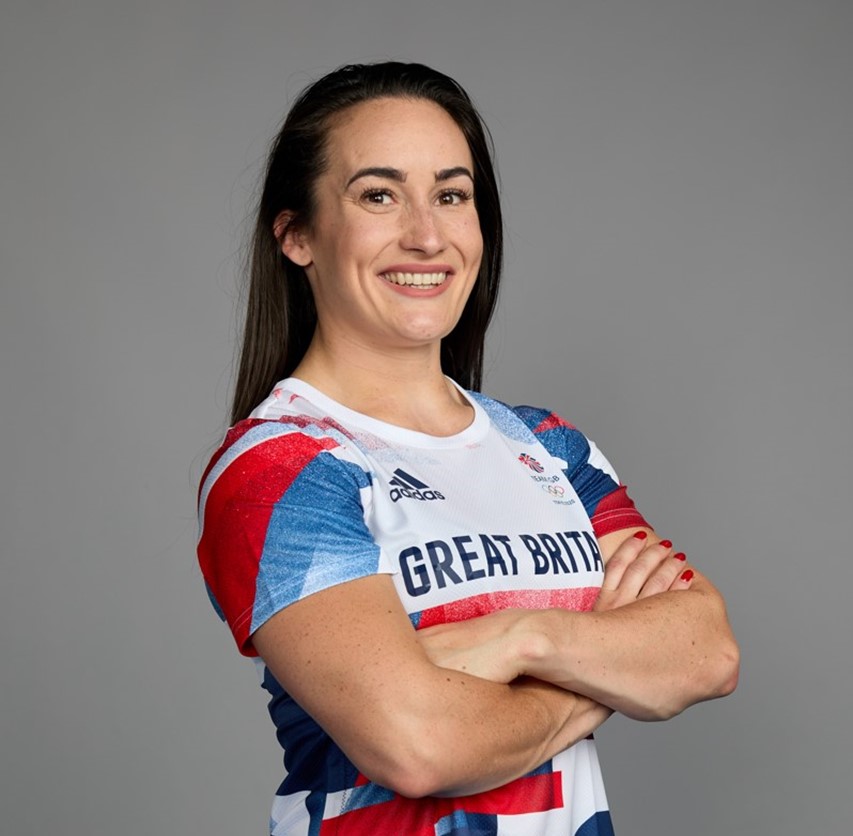
Image Credit: Getty Images
Sarah, congratulations on qualifying for the Tokyo 2020 Olympics. How does it feel to have the opportunity to represent Great Britain on the biggest international stage of them all?
Thank you, yeah it’s kind of surreal I guess. It’s one of those things where I remember growing up and watching the Olympics and to now be one of those people where a young child somewhere will be watching you is kind of surreal really. A childhood dream come true.
And well done on your latest British title win down in Twickenham not too long ago.
Thank you!
How did you find the experience of competing on home soil with Covid and everything going on?
Yeah It was weird to be back at home, obviously with no crowd.
You know, when I started lifting that was kind of normal to have an empty lifting hall, but obviously over those last 10 years the British Championships has grown and grown.
The last time we had a British Championships was me versus Zoe (Smith) in 2019 and that arena was crazy.
So it was kind of weird to lift in a bit of a ghost town really, but it was nice to see British competitions back up and running and to see so many lifters putting themselves forward for Commonwealth Games selection.
It was great to see you on the platform. Many people wouldn’t begrudge you to skip that event given the proximity to Tokyo, but we were curious to know whether gaining that platform experience beyond the controlled environment of training played a part in your thinking in terms of how you approached the event?
Yeah, so I didn’t particularly taper for the event. I didn’t back off my training like I do for major competitions and the Olympics, but I just used it as a heavy training session really, making sure that I am in the shape that I want to be in.
In training you can have as many goes as you want at a lift realistically, but in-competition, you have three attempts at the snatch and three attempts at the clean & jerk.
Just to put a little bit of pressure on, I have always been a competition lifter. I get more out of a competition than I do in training. To be in that position and just to have a test run to see how I am feeling, it was nice to be back out there.
We have seen it in the past where you have turned up to English events and maybe not done the numbers that people would expect, but sort of get the sense that you are an athlete who likes to compete when you have the opportunity to do so, no matter what level?
Get out there. Get out on the platform. The more national titles I rack up the better it looks, so I’m just going out there and collecting national titles as I go (laughs).

Image Credit: Andrew Moss
You seemed to play that quite sensibly as well. On that last lift, the 130kg, where you cleaned it, but elected not to jerk it because it wasn’t worth the risk, how did you manage all that going into the event?
Yeah, I would have liked to have jerked it, but I went a bit dizzy. The way the bar sits on the windpipe. I seem to be quite susceptible to it.
If you see my lifts back from the Europeans, you could see that I actually tried to fight it. I managed to get the lift out, but that wasn’t worth the risk.
If it was the big stage at the Olympics I probably could have done what I did at the Europeans, but it is that thing where it is just not worth the injury risk at this point when we were five weeks out from the Olympics when that competition happened.
It’s about training smart, rather than just training hard, and keeping myself in the best possible shape. It was nice to have a little run out.
We never planned to do massive PB weights so to get 130kg on the bar and to clean it was a nice feeling.
You mentioned the Europeans there where you had that fantastic performance to be challenging up at the front. How do you reflect on that now that a little bit of time has passed?
The six from six performance you can’t really complain at that, but then as an athlete you think did I have more in the tank and could I have done better if I had more attempts, or pushed a bit harder.
The main thing from that European Championships was to secure my place in the Olympic rankings and that’s why on my first attempt in the clean & jerk I opened a little bit lower than maybe we needed or planned to going into it.
But because I snatched really well that first clean and jerk was just about securing the total that I needed for the Olympic qualification to put me in the right place that I needed for the rankings.
Could I have lifted more on the day? Possibly? I guess we will never know, but it wouldn’t have made that much difference to the colours of my medals and that kind of stuff.
It is nice to win bigger European medals, but again it comes down to that injury risk and if I had pushed harder would it have been detrimental to my Tokyo preparations so it’s just about being smart with it.
You were only beaten by one athlete in terms of the group and Sinclair (bodyweight points) and that individual isn’t going to Tokyo. While there are obviously athletes from other continents who will be there as well, surely that must make you excited at what you could potentially achieve out there in Japan?
Yeah, it is pretty exciting to basically be the lead European going into the games. Loredana Toma won’t be there for Romanian anti-doping violations.
Part of it is frustrating that the Romanian ban has only come in now and wasn’t there at the Europeans. Like you said she was the only one to beat me on the Sinclair and in the class.
It’s frustrating being a clean athlete. She has served a doping violation before so yeah it is exciting going into the games in a position I didn’t expect to be in because of the way that the bans have gone through for nations, or the way teams have selected people in that weight class.
I moved up the rankings quite nicely and I am just trying to not put too much pressure on myself, but I think it certainly is a games to make history.
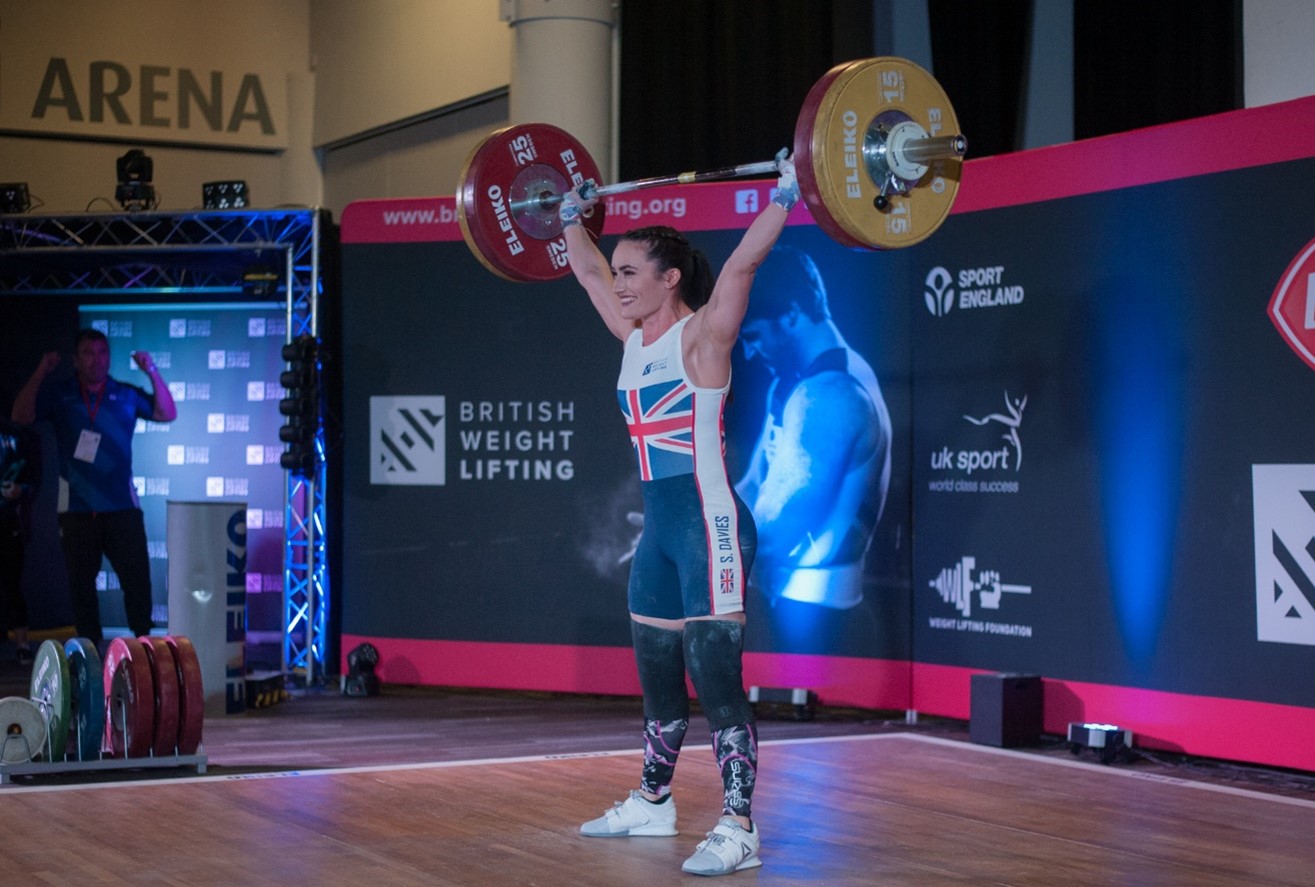
Image Credit: Under the Bar
There’s a lot of talk of that European record being within reach with Toma not being in Tokyo, do you think that is a possibility, or would you rather play down your chances and see what happens on the day?
Yeah, I think we just see what happens on the day for records and stuff. You might not need that amount to do what you need to do to win.
I have been to competitions before and won with less than my personal best, so it’s about doing what you need to do on the day like the Europeans. There was no point overreaching on that.
If I lift well on the day and records fall that is just another bonus so my main focus is just to go and give my best performance on that day and have the best preparation going into it.
I am in good shape, I am training well so I see no reason why I can’t challenge for those things, but the main focus is just to take one lift at a time, climbing that leaderboard lift by lift.
It’s brilliant to see you doing so well on the senior circuit, because a couple of years back you showcased that potential by winning the European U23’s. How good is it to have developed since then, not just living up to the potential, but to do it at every level in the sport?
I didn’t really have a junior career as an athlete just because I started too late.
I started at 19 so I didn’t really have a junior career, but when I made the U23’s for the first time it was my final year as an U23 and I had 100% success rate at the European U23’s.
I was the first Brit to ever win that championship which is pretty cool to put yourself in the history books and I intend to keep making history in terms of British Weight Lifting as we move forwards in the next few years or so.
I have always been a person to push for the maximum from myself anyway, to change the way we think about things and really put that pressure on and drive the sport forwards.
Which I think has happened in that time. I don’t know if it was me, or just good timing, but we have seen the sport grow in those last six years since then.
Massive changes in participation and the numbers that women are doing, the representation, look at us sending a full women’s team to the Olympic Games which we have never done before which is pretty exciting.
It is welcome pressure to keep performing and keep pushing them boundaries and seeing what we can achieve as a nation. I think as a team we have done that quite well.
As a team of women, you look at myself, Zoe and Emily Muskett we were all in the same weight class at one point and we had to keep pushing to get better.
Competition only breeds more and more success throughout the sport.
And such a talented group of individuals as well like Zoe, it has often been hyped up your rivalry over the years, but is that slightly overplayed in parts, or is it just healthy pushing to the next level so you both succeed?
Yeah. Me and Zoe are good friends. We can compete on the platform together and then go out and celebrate afterwards.
People do hype up this kind of rivalry because people like a story.
If me and Zoe are competing against each other, we will have a hug before warmup starts and say good luck then leave it all out there and do our own thing.
At the end of it we would say well done, have a hug again, and go out and have a beer or whatever afterwards to celebrate.
Me and Zoe are friends, we have shared rooms at competitions multiple times. People like a tale and we have just pushed each other, and Zoe has said that to me herself before.
She said when I came onto the scene it made everyone wake up a little bit, because I think we were a little stagnant as a team.
I came in quite quickly and made good progress and everyone had to step up their game.
I think she is thankful that I’m around (laughs).
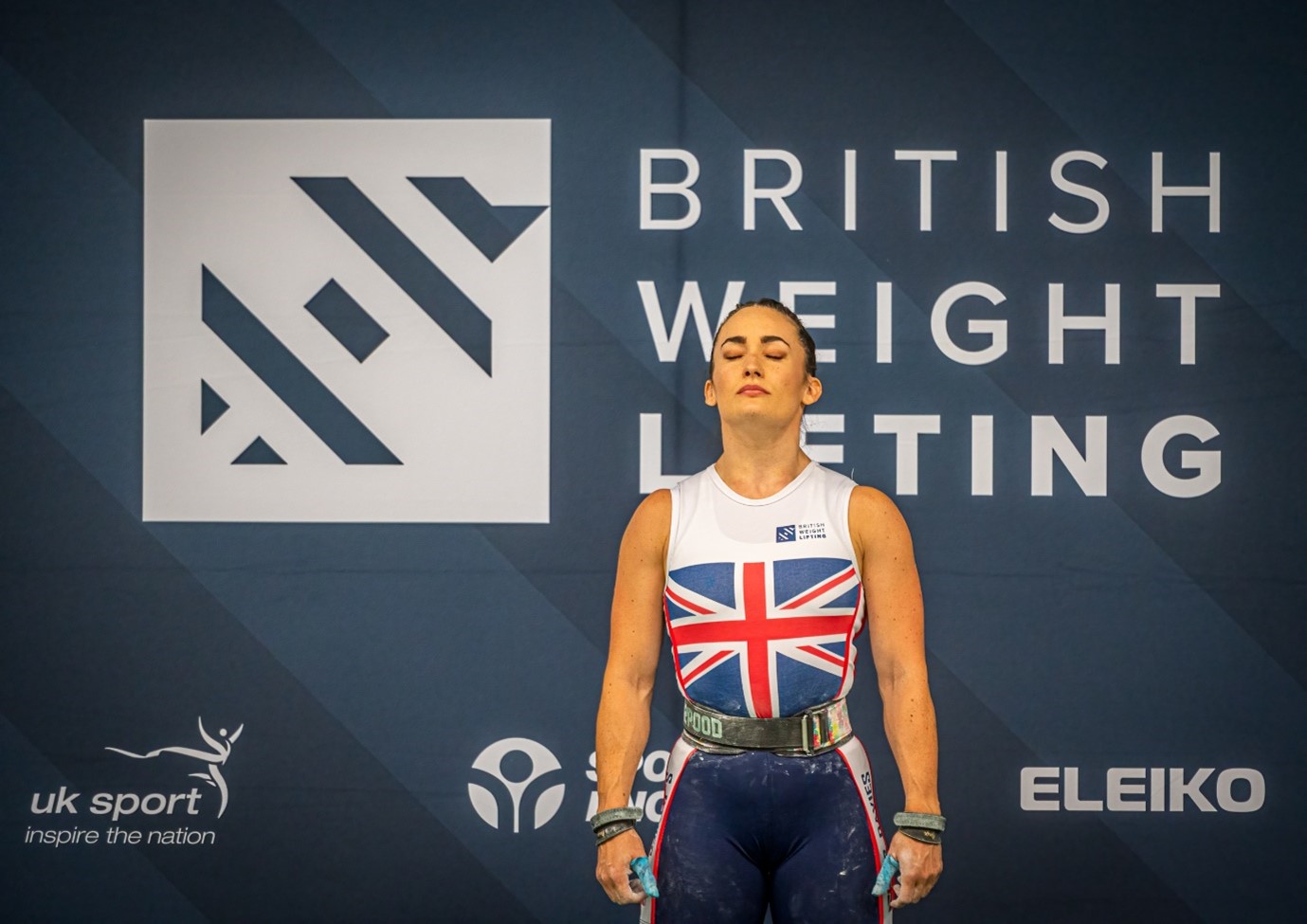
Image Credit: Andrew Moss
You have such an inspiring story yourself, because recently you talked passionately about your own personal experiences which for many, would be all-consuming in themselves, but with the added element of being an elite athlete, you seem to have coped so well. How has the training move to Atlas helped revitalise that?
I am not sure at the time I felt I was coping well, but I have an incredible support system from family and close friends who basically held me together for a couple of years.
I did think about stopping weightlifting and I almost didn’t lift at them British Championships in 2019, because everything went off around that time.
It was one of them things where I do this sport for me. I don’t do it for anyone else.
If I stopped doing weightlifting, I would completely lose my identity and who I am and everything I had worked for the past few years.
We were in the middle of Olympic qualification, so my friends and family basically gave me a shake and said sort your life out Sarah and get back on that platform.
The move to Atlas was massive for me. Obviously moving to a new area and then not long after we went into lockdown four months after I moved to Atlas.
So it’s been a weird one to find my feet down here really, with everything closed down and moving to a new area as an adult, it is a weird thing to make new friends and build a new support network round here.
I have known Dave (Sawyer) for ten years nearly so I had that support from Dave. Being in the gym you make friends with people there really. It’s been an interesting ride but definitely worth it.
For my training now it was definitely down to coming here and having the help of Cyril Martin and Dave along the way.
It’s been fantastic that you have been able to battle through it as you have been a great influence in the sport, especially off the platform in the IWF Athlete Commission holding the powers that be to account. How have you found that experience this last year?
Stressful (laughs) and busy, but yeah since I started weightlifting and going to internationals people would complain about what goes on and everyone would know about it before it hits the media but no-one would do anything about it.
I always found that really strange that people would complain and not really do anything about it.
So when the position came up on the Athlete Commission I applied and didn’t expect to end up as chair. It has been an interesting journey, but we are seeing some movements forward in the sport which is a good thing.
I got the position as chair and then they got rid of the interim president Ursula Papandrea from America and replaced her with a bloke from Thailand when Thailand was serving a nation ban.
So I made a video to voice my opinions and views and it all just kind of spiralled and next thing you know I am getting calls from journalists and all these kinds of people.
When we went out to the Europeans, I wasn’t really sure how we would be received, because it was the first thing in-person and there was very much a divide between nations.
You have the nations who are not exactly known for having clean sport, and the athletes who we kind of call our allies in clean sport saying ‘thanks for everything you have done and thanks for speaking up’.
A lot of athletes are too scared to speak up because of the knock-on effect it will have on their qualification chances, especially if they have people with higher powers in their federation and stuff so yeah it has been an interesting journey.
It is something I will continue after my sporting career to move into that kind of area which I never really looked at before but being in the position that I am now it is definitely something that I want to look at.
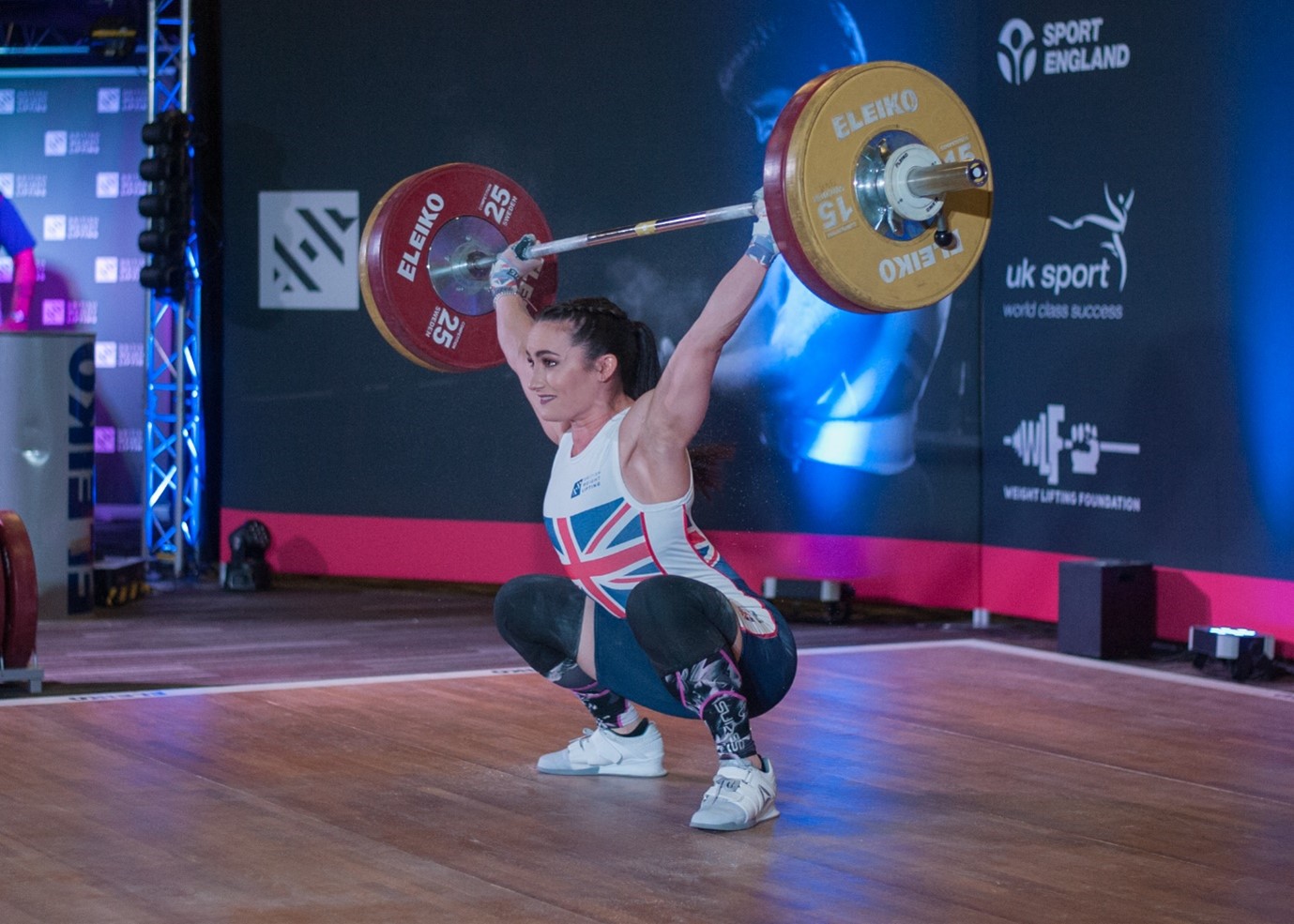
Image Credit: Under the Bar
In the social media weightlifting community, you are one of the most popular figures and get a lot of interactions online. How do you channel the positives and filter out the noise that is no doubt going to be flowing around there to focus on yourself because there are plenty of people out there and everyone has an opinion, don’t they?
Yeah I think the way I conduct myself, I am generally no-nonsense so generally any negative stuff doesn’t really hit me because people know they don’t want to get into that battle.
But I’d say 95% of anything I get on social media, if not more, is positive and I am very fortunate in that way.
People send me messages of support and you know my favourite is the one where people send me messages and say they hope their daughter grows up to be like you.
That is the ultimate compliment when people say that sort of thing. So yeah generally it is positive and I always try and reply to people and just say thank you or a like or whatever and keep myself grounded with that.
Obviously, it gets harder the more followers you have got, but it is something that is an important value when people ask you questions they are always really surprised when I reply. Well you have taken the time to ask me a question the least I can do is respond to that.
If someone walked past me in the street and said hello, I wouldn’t ignore them, so that’s the way I try and conduct myself online the same way online as I conduct myself in-person if somebody spoke to me.
And with the negative stuff it generally comes from a place of insecurity with people who hide behind a keyboard, and I just pretty much laugh it off normally as it is normally ridiculous stuff.
I am very very lucky I don’t get that much negatively, who knows that might change as the platform grows a little bit more off the back of the Olympics.
I expect to see that growth again, but I am pretty lucky that even if there is a negative comment on one of my posts one of my followers usually get to it before me.
Which is really nice to have that support, I have my friends and my family but to have that larger support network from all those people that follow me.
Final question, what would you say to all those people who are going to be watching the Olympic Games this summer from home, especially those in the UK, who are going to be rooting you on and what message would you like to give to them?
I guess the main thing is just thank you for the support, in whatever way that is for the people that support me whether that is friends, family, training partners, or other lifters, like I just really appreciate that support everyone gives to me and has given me the past 10 years of my career.
It actually makes me a little bit emotional thinking about people watching me at the Olympics and supporting me, but you know it does mean the world, especially you know for such a strange games to not have a crowd, or not have loved ones come and watch it is going to be strange.
So knowing people watching at home, and I am lucky I am at a good time for people to watch. It’s like the middle of the day on a Tuesday so not in the middle of the night. So yeah just thank you from the bottom of my heart for every single person who has been part of the journey.
In whatever way that is, I couldn’t have done it without them, even just the people who cheer for me at the British Championships, you know, every single one of them people has been part of the journey, so yeah just thankful and humble, really.
Sarah will be competing in the women’s 64kg class at 11.50am (UK Time) on Tuesday 27 July and Zoe Smith will also be taking to the platform on the same day at 7.50am (UK Time). You can watch all the action via Discovery+. Everyone at British Weight Lifting would like to wish them all the best ahead of the events.
Partners
-
 Official Partner
Official Partner
-
 Official Equipment Partner
Official Equipment Partner
-
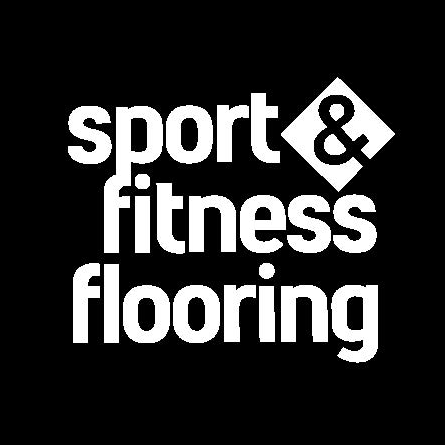 Official Partner
Official Partner
-
 Official Partner
Official Partner
-
 Official Photography Agency
Official Photography Agency
-
 Official Partner
Official Partner
-
 Official Partner
Official Partner
-
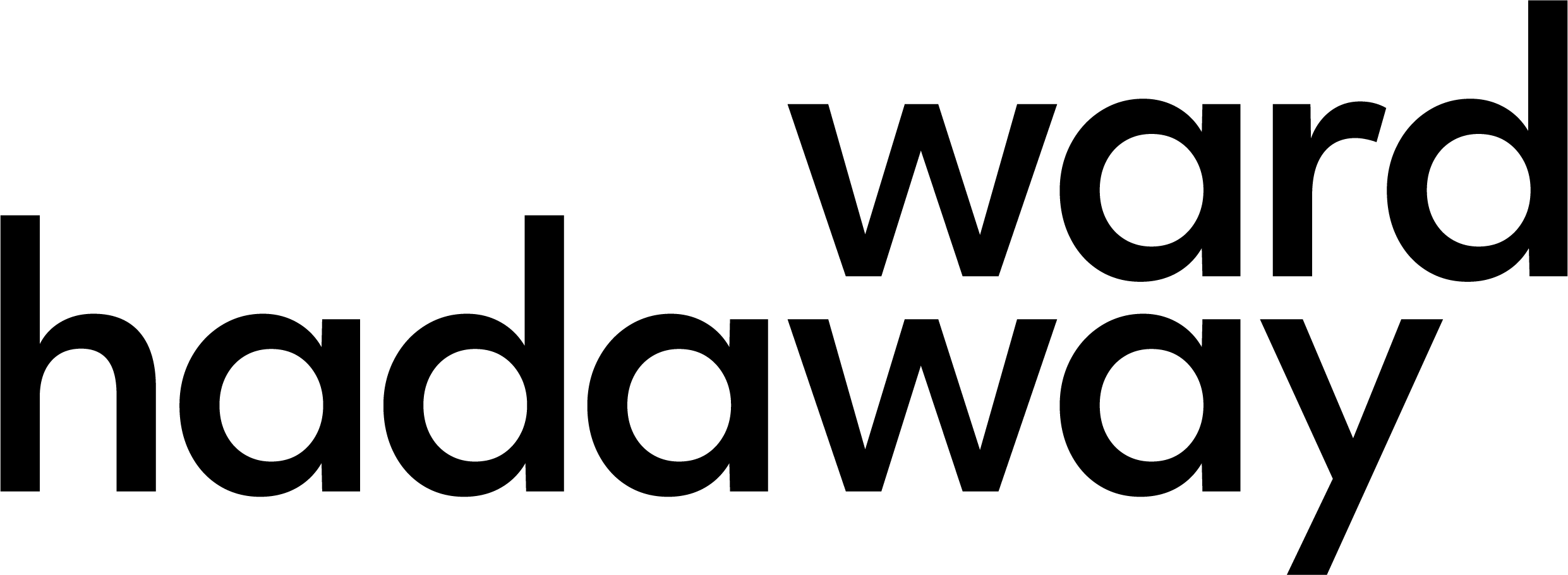 Official Partner
Official Partner
-
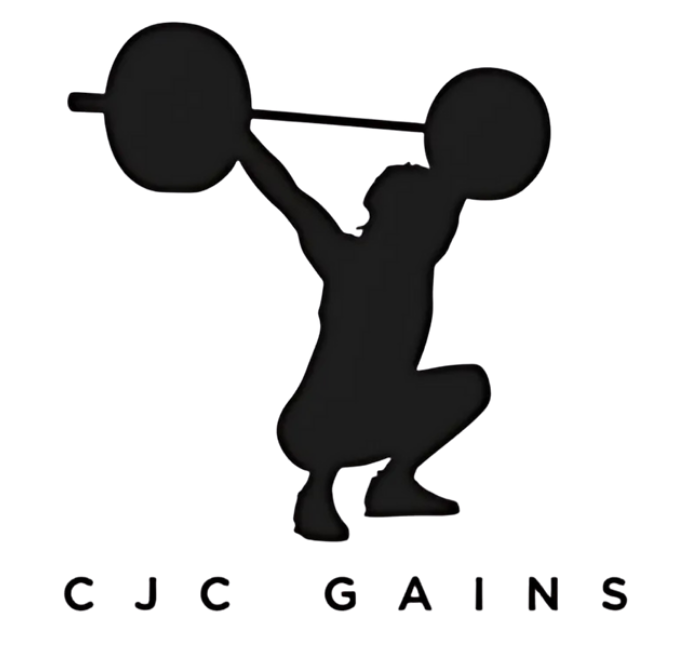 Official Partner
Official Partner
-
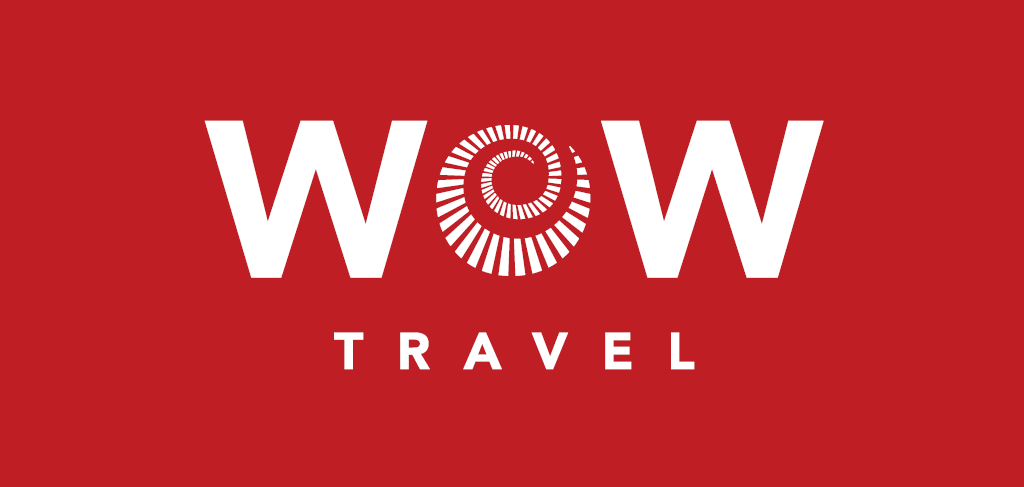 Official Travel Partner
Official Travel Partner
-
 Partner
Partner
-
 Funding Partner
Funding Partner
-
 Funding Partner
Funding Partner
-
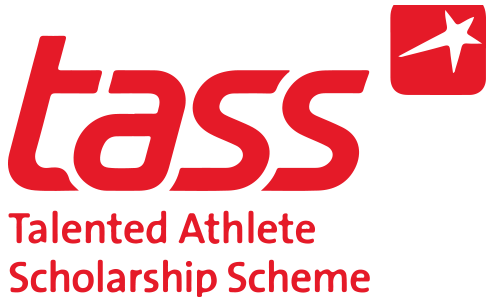 Funding Partner
Funding Partner
-
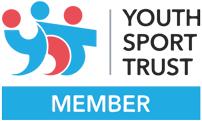 Official Strategic Partner
Official Strategic Partner
-
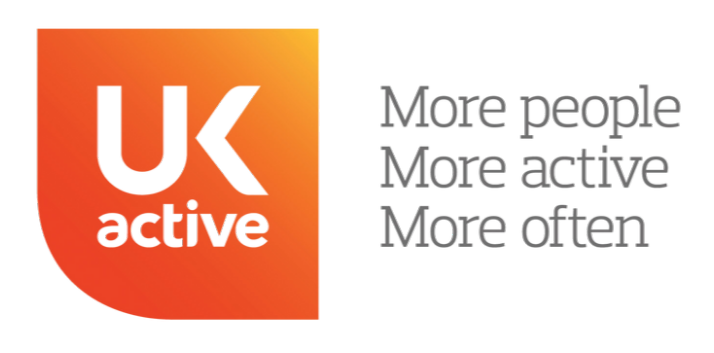 Official Strategic Partner
Official Strategic Partner
-
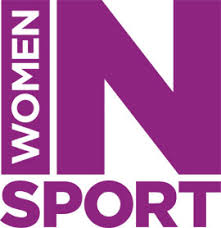 Official Strategic Partner
Official Strategic Partner
-
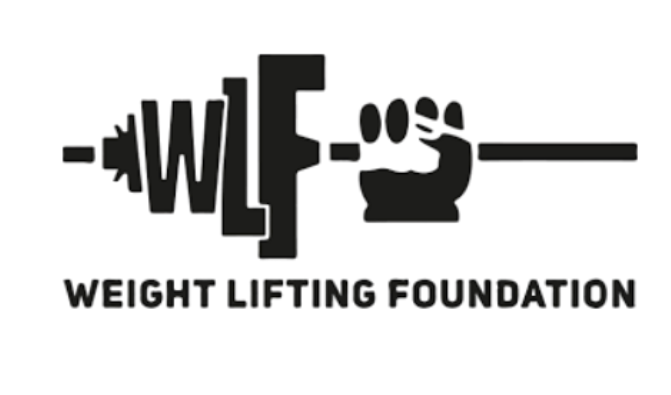 Weight Lifting Foundation Charity
Weight Lifting Foundation Charity
-
 Official ELearning Partner
Official ELearning Partner
-
 Official Awarding Organisation
Official Awarding Organisation
-
 Official Course Endorsement
Official Course Endorsement


